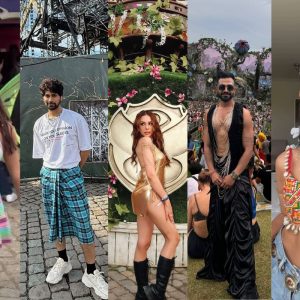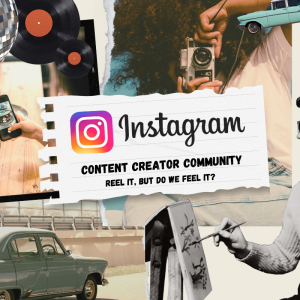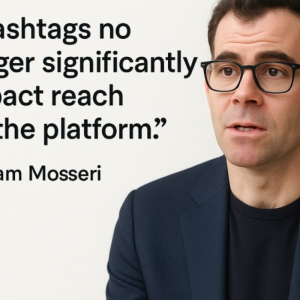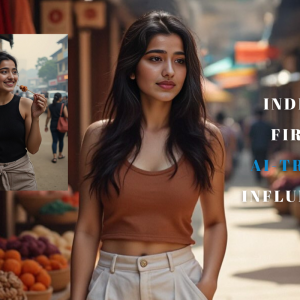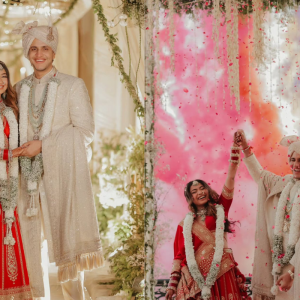As the India-Pakistan war situation intensifies, it’s not just the headlines or news channels that people are turning to—social media has become one of the biggest platforms for updates, opinions, and emotions. Indian influencers, many of whom have millions of followers, are using their voices to speak out on the conflict. From patriotic posts to calls for peace, the digital landscape is buzzing with strong reactions.
Many Indian influencers have shown overwhelming support for the country’s armed forces. YouTube star Ashish Chanchlani shared a heartfelt message on Instagram and X (formerly Twitter), expressing his respect for the Indian military and calling on fans to stay strong and united. Known for mixing humor with social commentary, Ashish kept his message simple and impactful: “Support our heroes. Stand together. Stay informed.” His post was widely shared, especially among young Indians, and hashtags like #JaiHind and #IndianArmyZindabad began trending soon after.
At the same time, other influencers are urging for calm, clarity, and compassion. Journalist and content creator Faye D’Souza has become a go-to voice for balanced news and social media responsibility. On Instagram and X, she’s consistently reminding people to check facts before sharing, especially when misinformation about the India-Pakistan conflict is spreading rapidly. She posted, “Don’t be a carrier of fake news. In times of crisis, your voice can heal or harm.”
Another influential voice, Ranveer Allahbadia (BeerBiceps), hosted experts on his podcast to unpack the deeper issues behind the India-Pakistan tension. His goal? To educate and inform rather than inflame. In a recent reel, he said, “War is not a game. It’s not something to romanticize. It comes with real consequences for real people.”
On the tech side, Gaurav Chaudhary (Technical Guruji) shared important insights about digital safety during conflict. With cyber threats and fake news about the India-Pakistan war going viral, he urged followers to avoid sketchy links and verify everything. His post read, “Don’t let fear clickbait you. Digital hygiene matters now more than ever.”
Lifestyle influencers like Kusha Kapila and Dolly Singh have taken a different approach, focusing on peace advocacy and calling out online hate. Their content emphasizes empathy and unity, especially during emotionally charged times. “We can love our country without spreading hate,” Kusha shared in a story, sparking a viral conversation about patriotism versus prejudice.
However, not all social media reactions have been positive. Some influencers are being called out for sharing sensational or unverified content for clicks and views. This has raised concerns about fake news in the India-Pakistan war narrative and the ethical responsibilities influencers must uphold during such serious situations.
Also Read : India’s Creator Economy: New Monetisation Opportunities for Content Creators
As emotions run high and timelines flood with content, the role of Indian influencers in shaping public opinion is more crucial than ever. Whether they’re promoting patriotic content, fighting digital misinformation, or encouraging peace and unity, one thing is clear: their platforms are powerful, and what they say matters.
In this digital age, influencers are not just creators—they’re community leaders. And in moments of national crisis, their impact can help guide an entire generation toward either chaos or clarity.


